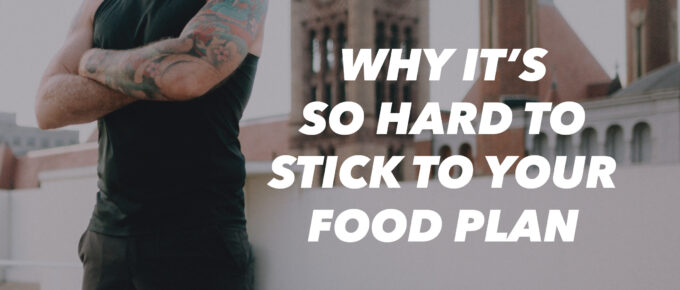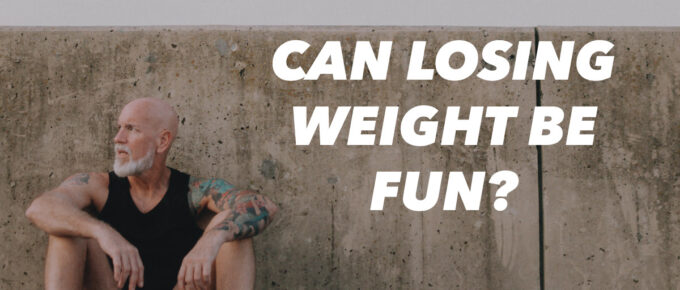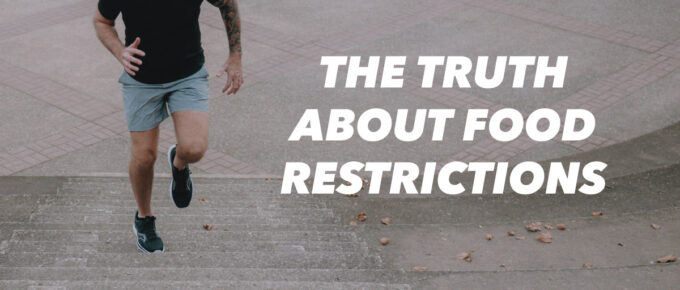I work with a lot of runners who are awesome at sticking with their running plans. They get up early on Saturday mornings religiously, regardless of the weather outside. They do the required …
Continue Reading about 185. Why It’s So Hard to Stick to Your Food Plan →






